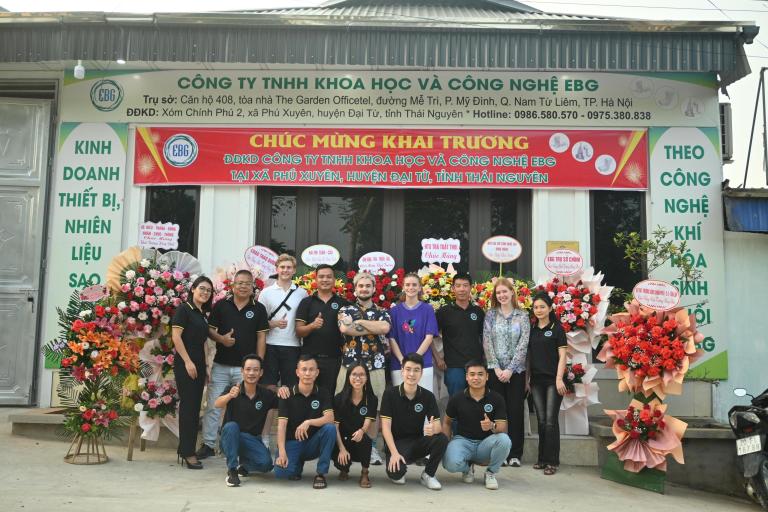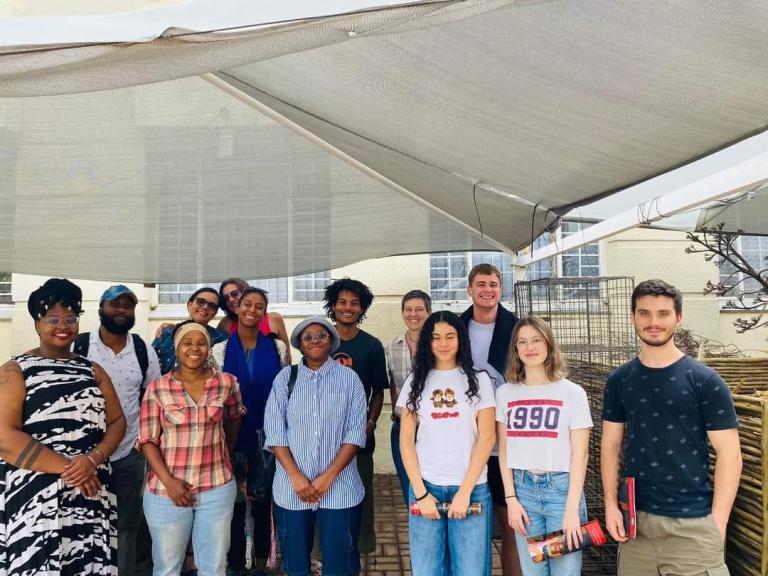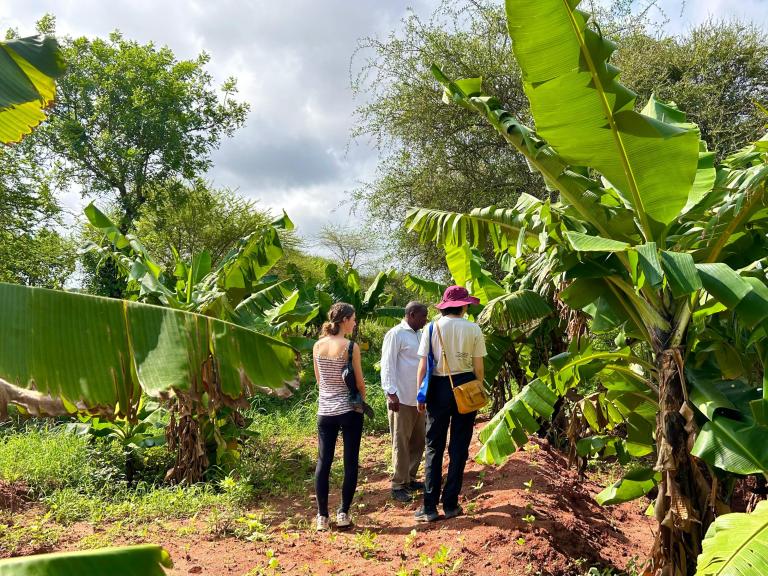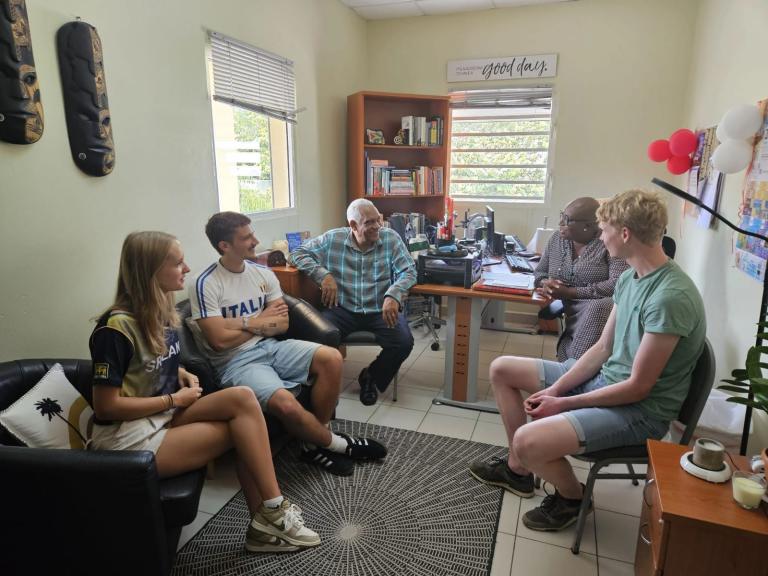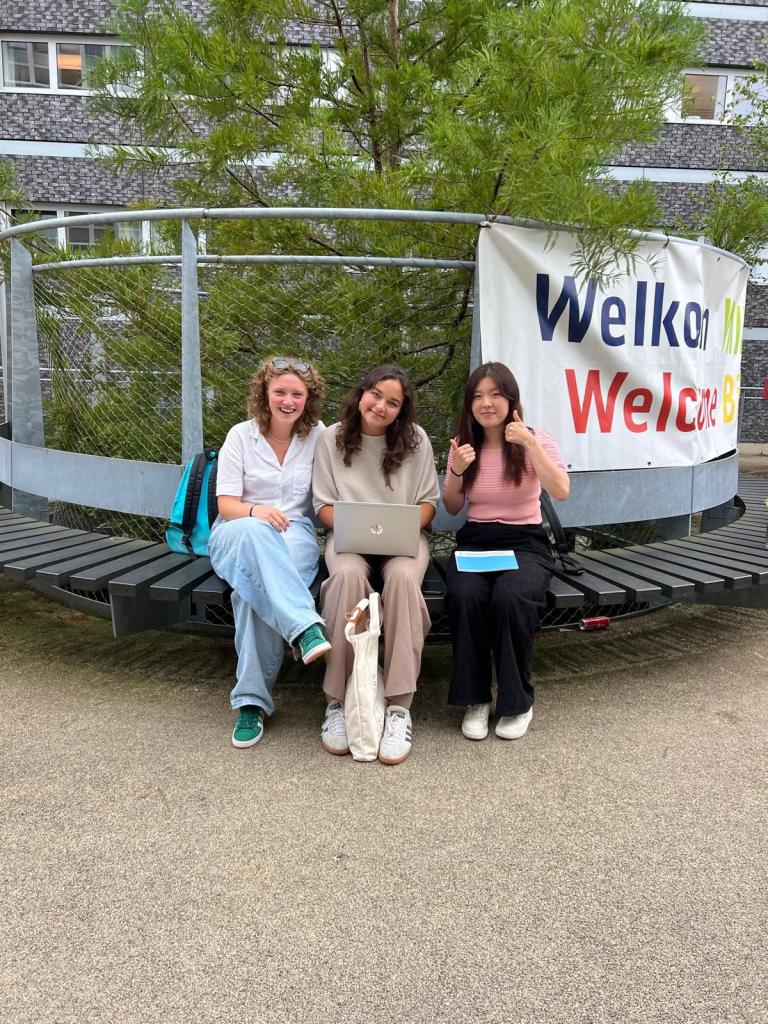
LDE Minor: Frugal Innovation for Sustainable Futures (FI4SF)
How can we ensure a humane livelihood for all while respecting planetary boundaries? There is no single answer to this question. Sustainable futures take different forms across regions, societies, and communities. Thinking and acting on sustainability requires navigating ambiguity and complexity.
This Leiden-Delft-Erasmus multidisciplinary minor explores the role of frugal innovation and frugality as drivers of sustainable futures across the globe. Learn how frugal innovation—creating simple, affordable, and impactful solutions—addresses global challenges in healthcare, water, energy, housing, and agrifood. Combine theory with practice in a 10-week field assignment in the Netherlands or abroad. Gain essential 21st-century skills in teamwork, critical thinking, and problem-solving.
FRUGALITY and frugal innovation
Frugality is about doing more with less—being resourceful, efficient, and intentional in how we use materials, energy, and knowledge. Across cultures and traditions, frugality has long been seen as a way to balance human needs with environmental constraints. In innovation, this mindset translates into frugal innovation: creating simple, affordable, and effective solutions to pressing challenges in healthcare, water, energy, housing, and agrifood.
By minimizing resource use while maintaining impact, frugal innovations offer a promising approach to economic, social, and environmental sustainability. Since the early 2010s, this concept has gained traction among academics and policymakers as a powerful driver of sustainable development.
about the minor
In the first part of this minor, you will explore different perspectives on frugality and frugal innovation through the lenses of technology (design & engineering), entrepreneurship & business, and human progress & sustainability. In the second part, you will apply your knowledge in practice: for 10 weeks, you will work in a small multidisciplinary team on a real-life frugal innovation challenge—either in the Netherlands or abroad. This field assignment allows you to combine insights from your own study background with hands-on experience.
Beyond subject knowledge, this minor will help you develop essential 21st-century skills: dealing with uncertainty, critical thinking, negotiating, building trust, and teamwork. These skills are crucial for shaping sustainable change—because transformation happens through the collective effort of individuals working together.
Are you eager to dive into a cutting-edge approach to innovation? Do you want to explore how frugality and frugal innovation can drive sustainability? And are you up for an international, real-life challenge?
If so, this LDE minor is for you! We work in small groups to enhance your learning experience. Join us and become part of the future of frugal innovation.
more information
This Minor is offered by the Leiden-Delft-Erasmus International Centre for Frugal Innovation (ICFI), and coordinated and convened by the African Studies Centre Leiden, Leiden University.
The upcoming edition will run from September 2025 until January 2026.
Registration between 15 May and 30 June through EduXchange.
(In case there are any problems with the registration, please contact the minor coordination, minorfrugalinnovation@asc.leidenuniv.nl)
Applications
Applications are open to all 3rd and 4th year Bachelor's students from Leiden University, TU Delft and Erasmus University Rotterdam, who are interested in this emerging field of study, regardless of study and disciplinary background. This minor is especially targets students who want to link their study with tackling concrete societal challenges.
Although not exclusive the minor is in particular attractive for students of anthropology and sociology, area studies, biology, development, global challenges, urbanisation, politics and international relations, economics, business studies, law, health, water, building sciences, industrial design, computer science and engineering, life science and technology, technology and innovation (management) studies, etc.
In general, students who are up for a multidisciplinary challenge and see the mutual benefit of integrating social, entrepreneurial and technological knowledge and skills are encourage to apply. We are looking for a diversity of interests and backgrounds, to ensure active cross-disciplinary interaction.
This minor requires full-time study from September 2025 until the last week of January in 2026
Experiences of students in previous editions of the minor show that it is difficult to combine participation in this minor with other studies or retake exams. The minor forms a continuous program with its own assignment rhythm including the field assignment, in which for reasons of group cohesion and collaboration, a partial stay either in the Netherlands or abroad is not allowed.
The minor has a layered first come first serve admission procedure. A maximum of 40 students (equally distributed among the three LDE universities) will be admitted and an equal distribution among disciplines will be aimed for. Applications have to be submitted via EduXchange before 30 June 2025 alongside an up-to-date CV to minorfrugalinnovation@asc.leidenuniv.nl and a completed Background and Commitment Form.
URL links to all these documents can be found in the Leiden University Minor e-prospectus
Incomplete or applications received after 13:00 CET on 30 June will not be taken into consideration!
Address any further enquiries to minorfrugalinnovation@asc.leidenuniv.nl
Take Note: Students have to follow and complete the full 30 ECTS of this LDE minor. In case your studies does not allow you to follow a 30 EC Minor, but you are still interested, you are advised to contact your studies coordinator before applying, to explore the possibility to complete the whole minor. Our experience is that in most cases this can be arranged.
- Extent: 30 ECs spread over 1 semester
- Language of instruction: English
- Coordinators: André Leliveld and Madi Ditmars
- Information: African Studies Centre Leiden, Delft University of Technology, Erasmus University Rotterdam, LDE Alliance
Visit the MINOR MARKETS for information on the FI4SF 2025-2026!
TU Delft Thursday 20 March 13.00 – 17.00 On campus: Aula
Leiden University Tuesday 8 April 15.00 – 17.00 On campus: Huerta Mohr Building, Witte Singel
Erasmus University Thursday 8 May 11:30 - 12:00 & 14:45 - 15:15 ONLINE TEAMS link (register through EUR website)
Students can choose to conduct their field assignment either in the Netherlands or abroad. If they opt for an international experience, they will need to cover their own travel, accommodation, and living expenses. We recommend planning ahead and exploring possible funding options to support this opportunity.

